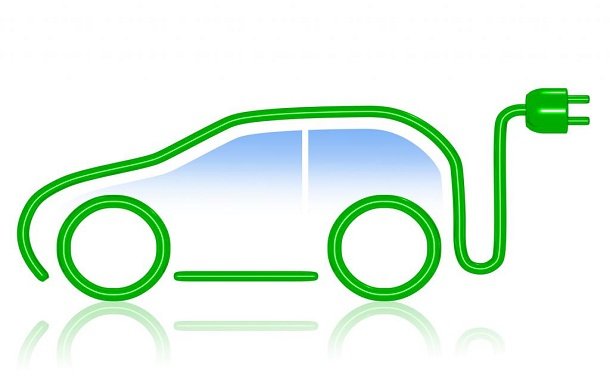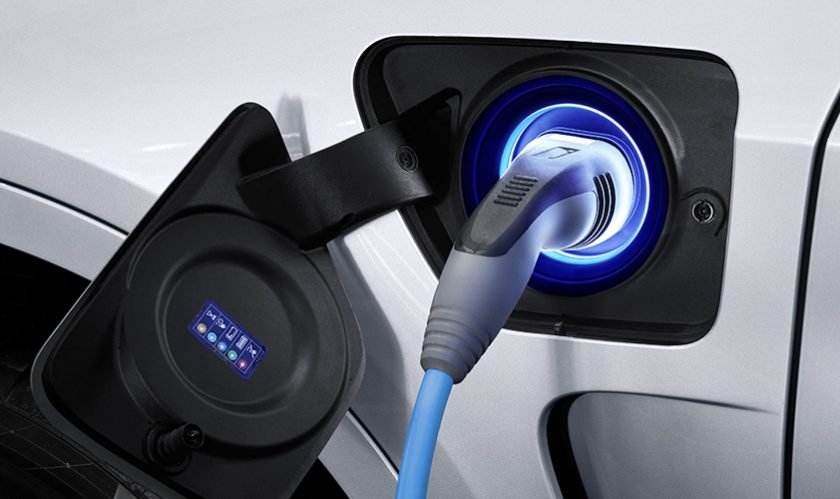Popular Stories
YOU MIGHT BE INTERESTED IN
Madhya Pradesh Electric Vehicle Policy To Be Revealed Soon
by Kshitij Rawat |
16/10/2019
Madhya Pradesh Electric Vehicle Policy will define the state's commitment to early adoption of electric cars among consumers as well as operators
- Tag:
- electric vehicles














 Follow us on google news
Follow us on google news
